
When you open a book, what is the first thing you will read? The opening line of course! If this fails to catch your attention, you're unlikely to carry on reading so here we will be looking at five of the best openings to a book. Keep your eye out for part two and the remaining five!
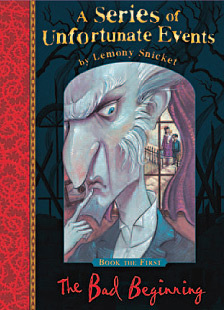
Lemony Snicket, or Daniel Handler, as he goes by when not penning stories about the Baudelaire orphans and the terrible events that befall them, appealed to humanity’s propensity for morbid curiosity when he came up with this line.
Even readers who do prefer happy endings would not be able to resist this promise for catastrophe, as it leaves us wondering exactly what ‘Unfortunate’ things are going to happen. As the children’s parents die and they are left with the dastardly villain Count Olaf, it becomes apparent pretty quickly that Handler’s stories will live up to their first line.
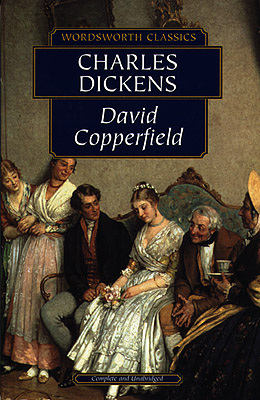
David Copperfield’s immense size and typical Dickensian long-windedness are off-putting to plenty of readers. However, you can’t help but be hooked by the first line.
Straight away we are invested in the life of the eponymous character, and looking forward to the inevitable trials and obstacles that may or may not prevent him from becoming the ‘hero’ of his own life. Another brilliant opening line, that did not quite make the list, was born from that novel’s protagonist’s derision for Dickens’ style. The Catcher in the Rye starts with:
“If you really want to hear about it, the first thing you’ll probably want to know is where I was born, and what my lousy childhood was like… and all that David Copperfield kind of crap, but I don’t feel like going into it, if you want to know the truth.”
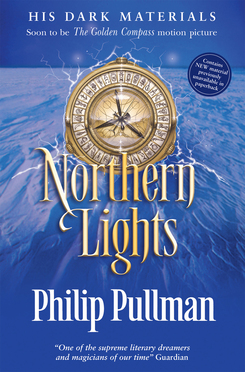
This is how Pullman’s brilliant His Dark Material’s trilogy began, and it deserves a spot here for introducing us to one of the most intriguing concepts that the novels explore - daemons. On reading the unfamiliar word we ask ourselves ‘what is that?’, and Pullman does not disappoint in revealing that a daemon is an animal counterpart, a manifestation of a human’s soul, and one that can shape-shift while the person is young, but which eventually settle’s into a permanent form to best represent the person’s character.
Lord Asriel’s majestic snow leopard and Mrs Coulter’s sinister golden monkey are two of the daemons that we are subsequently introduced to.
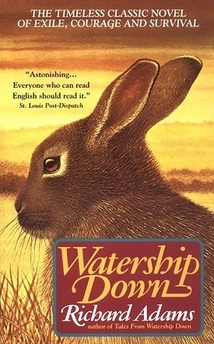
Richard Adams’s epic about the lives, relationships and struggles of rabbits depicts the natural world as simultaneously savage and tender. It delves into the morality of how humans interact with the environment and reveals the minutiae and complexity of the animals’ lives.
This opening line sets a melancholic and ominous tone as it tells of the end to something delicate and beautiful in nature. This is carried on and developed throughout the novel as we see the animals fleeing from humans who, for the most part, treat nature with vicious callousness.
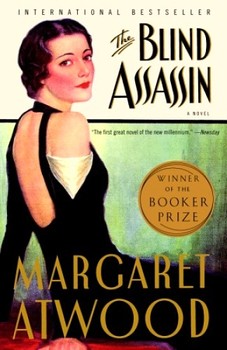
Margaret Atwood’s beginning to the The Blind Assassin is a bit morbid, (like many of these lines), but it is certainly gripping. We already know that the story will involve disaster - most of the novel is spent working out the details.
However the first line is in no way the best part about this book. Told in the style of a memoir by the elderly Irish Chase, the novel is essentially a family saga, but it also incorporates pulp science fiction and historical aspects into its complex narrative. It won the Man Booker Prize for Atwood and is both fascinating and moving, probably the best work of a literary legend.



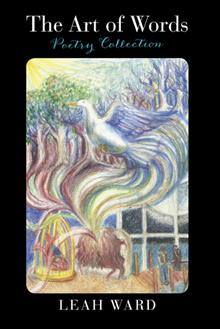
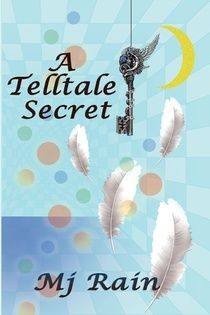
 RSS Feed
RSS Feed
